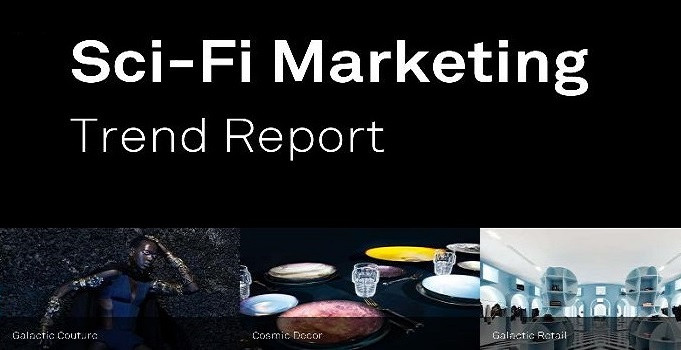
Sci-fi marketing is a marketing strategy that uses elements and concepts from science fiction, such as future technologies, robotics, artificial intelligence, and space, to present products or services in an innovative way that attracts attention and inspires consumers. This type of marketing relies on dazzling the audience and providing a different and unconventional experience that enhances the brand's image as a symbol of innovation and renewal.
Characteristics and qualities:
1. Innovation and creativity: Relies on presenting futuristic ideas and concepts to attract the target audience.
2. Excitement and suspense: Stimulates curiosity and arouses enthusiasm among customers by presenting unexpected future scenarios.
3. Advanced technology: Uses technologies such as virtual reality and augmented reality to enhance the customer experience and connect it to the future.
4. Storytelling: Enhances the use of stories that focus on the future, robotics, or space exploration to deliver the marketing message.
1. Attracting attention: A unique style that easily grabs the attention of the target audience.
2. Building an innovative brand image: Enhances the brand's position as innovative and advanced.
3. Create an interactive experience: Allows audiences to interact with the brand in a new and exciting way.
4. Stimulate creative thinking: Encourages customers to see products or services from a new perspective.
1. Can be complex: Requires a deep understanding of technology and science fiction, which can be difficult for some audiences.
2. High cost: Requires significant investments in technology and creative design.
3. May not be suitable for everyone: Some audiences may not respond to science fiction elements, which can reduce the effectiveness of the campaign.
4. Difficulty predicting reactions: Due to the unique nature, it can be difficult to predict how the audience will respond to the campaign.
1. Virtual reality marketing: Using future scenarios to engage customers in an immersive experience.
2. Short films: Producing visual content inspired by science fiction to showcase products or services.
3. Interactive events: Creating exhibitions or experiences based on science fiction and future technologies.
4. Interactive digital advertising: Using augmented reality technologies to present products in a fictional and advanced way.
1. Car companies: such as Nissan’s advertisements that used futuristic designs for their cars in their promotional campaigns.
2. Telecommunications sector: companies such as Etisalat and Zain used virtual reality technologies in their promotional events to provide a glimpse into the future of communication.
3. Electronic games: such as gaming companies that use science fiction scenarios to attract young audiences.

25/08/2024
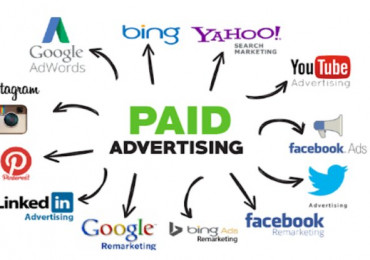
20/08/2024

22/08/2024

20/08/2024

26/08/2024

31/08/2024
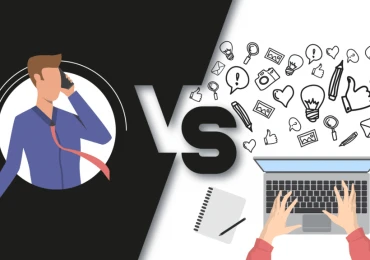
16/08/2024

18/08/2024

16/08/2024

17/08/2024
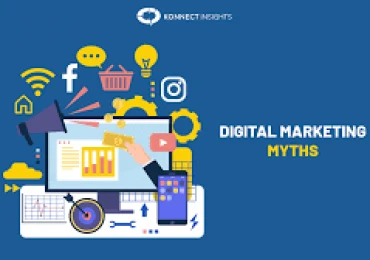
30/08/2024
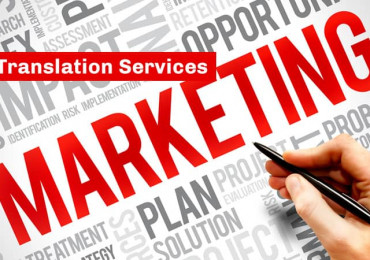
01/09/2024
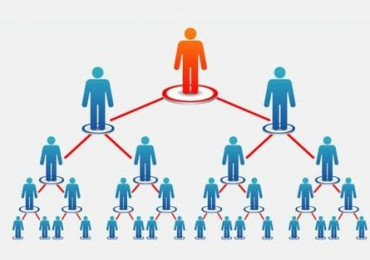
14/08/2024

30/08/2024

26/08/2024

17/08/2024

17/08/2024

20/08/2024
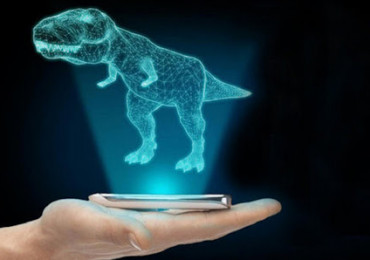
31/08/2024
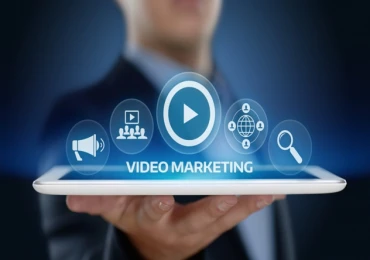
17/08/2024